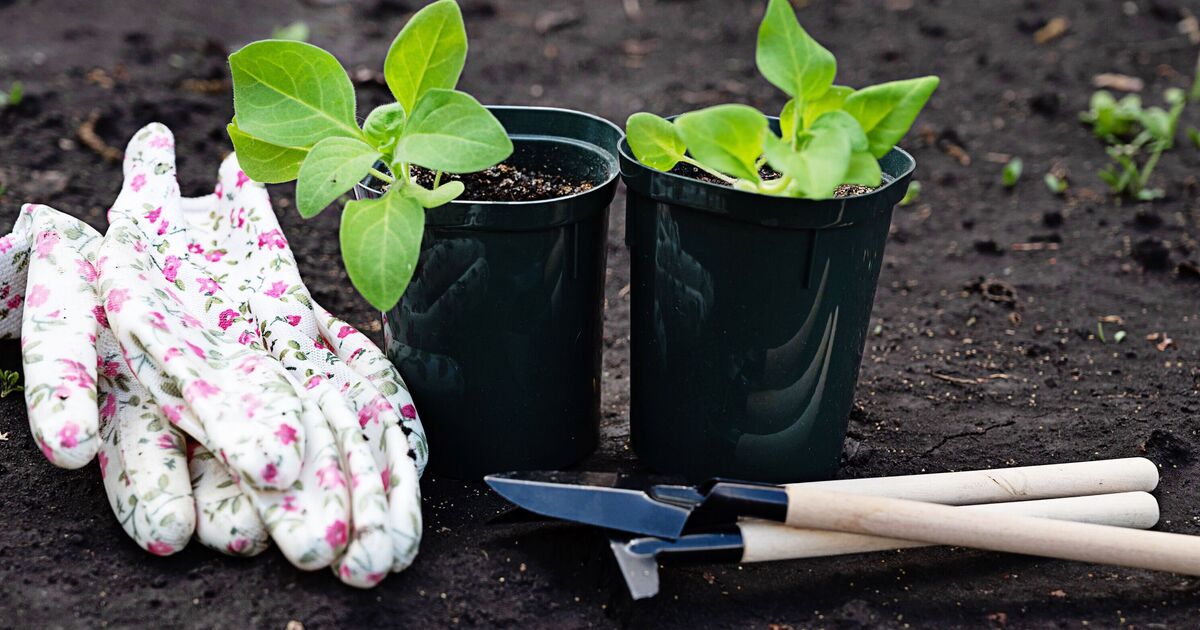
The 1 leftover item you can use for multiple purposes in the garden
Published: 2025-07-10 15:31:49 | Views: 16
The UK is half way through summer and most gardens are in full bloom, with summer flowers and ripening fruits and vegetables. You’ll find that essential tasks include watering, deadheading, weeding, feeding and harvesting.
This is also a great time for pest and disease control, supporting plants and enjoying your garden. A valuable addition to your gardens this summer could be a household item you often throw away, but we urge you to reconsider its utility. Eggshells benefit your garden in so many different ways, and though this is a generally well-known fact amongst gardeners - we have a few that may not be on your radar yet.
Here are some innovative ways you can use eggshells in the garden:
Eggshells can be used as a natural pest deterrent in the garden, particularly for slugs and snails. The sharp edges of crushed eggshells act as a physical barrier, making it difficult for these pests to crawl over them and reach plants.
They can also be used as natural and biodegradable seed starters. They provide a small, contained space for seedlings to germinate and grow, offering a sustainable and cost-effective alternative to plastic pots. The calcium in the eggshells also benefits the developing plants.
Eggshells are primarily composed of calcium carbonate, a nutrient essential for plant growth and healthy cell wall development.
Adding crushed eggshells to the planting hole can help prevent blossom end rot, a condition in tomatoes and other vegetables caused by calcium deficiency.
You can create a liquid fertiliser by soaking crushed eggshells in water for a few days. This provides a readily available source of calcium for your plants.
To create liquid fertilizer from eggshells, first, collect and clean the eggshells, then crush them into a powder. Next, add the crushed eggshells to a jar and submerge them in vinegar. Allow the mixture to sit for a few weeks, then strain out the solids. The resulting liquid is a concentrated calcium fertilizer that can be diluted with water and used to feed plants.
Source link







